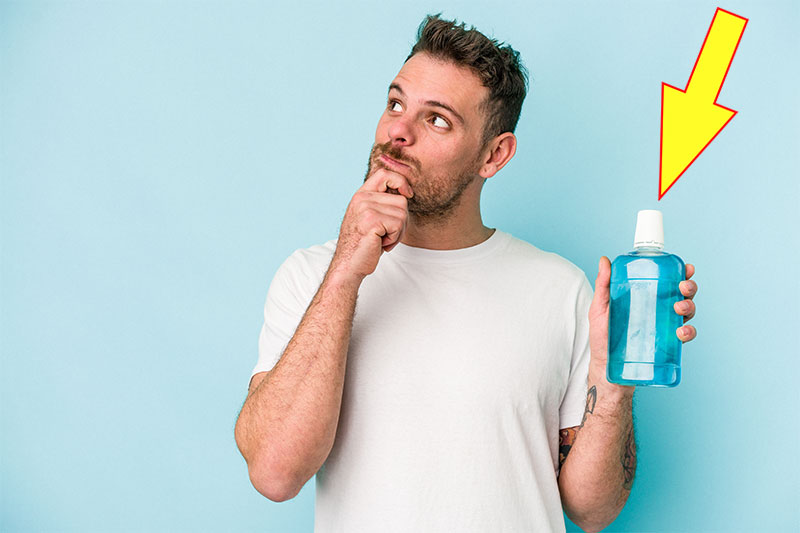As part of our daily oral care routine, we also brush our teeth and use mouthwash. It would be gross otherwise, as keeping the good hygiene is essential. However, you may want to be careful with mouthwash if you are diabetic or at risk of developing the condition.
Why It Is Unwise To Use Mouthwash If Diabetic Or At Risk Of Becoming Diabetic?

The use of mouthwash regularly may, however, increase diabetes risk for those who are already predisposed to the disease. Those who used mouthwash at least twice a day had a 55% higher risk of developing prediabetes or diabetes over a three-year follow-up period than those who used it less frequently. Twenty-five percent of people who used mouthwash at least twice a day developed either prediabetes or diabetes.
As a result of these compounds, mouthwash kills both good and bad types of oral bacteria that contribute to plaque development and bad breath. A chemical produced by some bacteria in our mouths–nitric oxide–helps prevent diabetes.
Our energy level and metabolic rate are greatly affected by nitric oxide, which regulates insulin levels in the body.
We develop prediabetes or diabetes when “good” bacteria are destroyed by frequent use of mouthwashes, altering blood sugar metabolism in our bodies.
The study evaluated 1,206 overweight individuals between the ages of 40-65 without diabetes or coronary artery disease. Data on 945 patients was available in its entirety. The study was part of the San Juan Overweight Longitudinal Study.
Among study participants, 43% used mouthwash daily, and 22% used it twice daily.
When used less than twice a day, neither subgroup was at a higher risk of developing prediabetes or diabetes. There appears to be a threshold effect, with greater than twice daily use increases the risk of developing diabetes.
The association held true even after adjusting for education, income, sleep disorders, oral hygiene, fasting glucose, diet (processed meat, fruit, and vegetable intake), smoking, and obesity.
In the study, frequent mouthwash use was associated with diabetes development, but this was not a cause-and-effect relationship.
The findings need to be replicated in a larger sample size.
For now, it might be best to limit mouthwash use to once a day, especially if you are overweight, have a strong family history of diabetes, or have an elevated hemoglobin A1C (a blood test for prediabetes or diabetes). But that does not mean you have to suffer from having bad breath, as there are mouthwash alternatives that are safer to use.
What Are Some Mouthwash Alternatives?
There are safer methods to keep your mouth clean, and they are:
- Apple cider vinegar – Apple cider vinegar is safe to take and good for those who are diabetic or at risk because it can help regulate blood sugar. However, if you are not drinking it, use it as a mouthwash alternative. You take an eight oz glass, pour one teaspoon, and stir. It has antiseptic properties as it will only kill the germs that cause bad breath odor.
- Peppermint essential oil – If you take a glass of water and put a few drops of peppermint oil, you can use it as a mouthwash alternative as it can kill off odor-causing bacteria. Swish it around and then spit it out. You want to avoid swallowing it as it can irritate your stomach.
- Baking soda – Baking soda or soda bicarbonate kills off bacteria, and you can take one teaspoon of baking soda and put it in a glass of water. Swish it around for a minute, and then spit it out. It can help whiten your teeth too.
Therefore, if you are at risk of developing diabetes or have the condition, then you will want to utilize these tips so you don’t have to worry about your hygiene.


